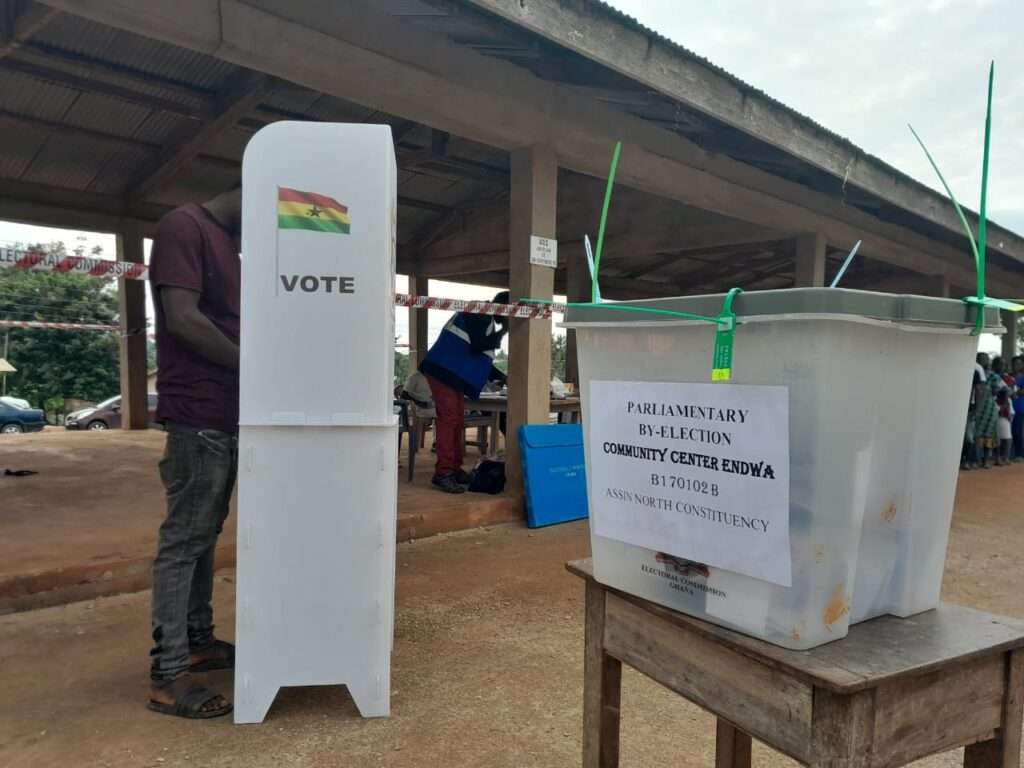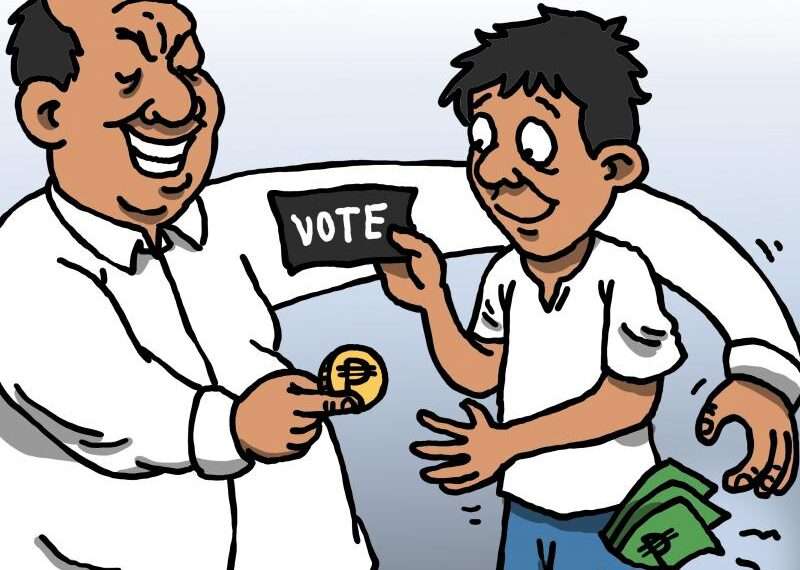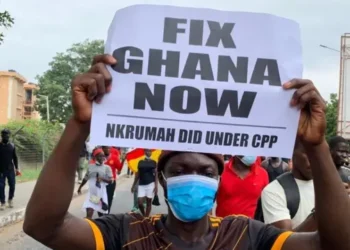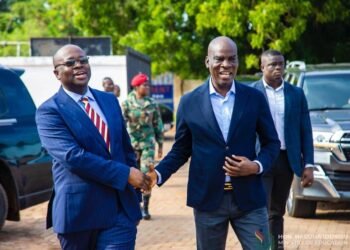Election malpractices have been a recurring issue in Ghana’s democratic process, undermining the integrity and credibility of elections. These malpractices range from voter fraud and ballot stuffing to bribery and intimidation.
Chief among electoral malpractices in Ghana are bribery and vote buying.
Bribery and vote buying have become pervasive issues in Ghana’s electoral process, undermining the integrity and credibility of democratic elections.
This phenomenon involves offering, giving, receiving, or soliciting something of value in exchange for a vote or political favor.
In Ghana, bribery and vote buying manifest in various forms, including monetary incentives where candidates or their agents offer cash or other material benefits to voters in exchange for their votes.
Bribery and vote buying also involves gift-giving where voters receive gifts such as food, clothing, or household items in exchange for their political support, and job offers where candidates promise employment opportunities or promotions in exchange for votes.
Ultimately, development projects are used to buy votes from electorates as politicians promise to initiate development projects or provide resources in exchange for political loyalty.
The just-ended Ejisu by-elections have been charged with allegations of vote buying and bribery with some electorates narrating that they have been given or promised some amount of money if they vote for a specific candidate.
According to the Electoral Commission, it has withdrawn some of its officials at the Fumesua Pentecost Church polling station for allegedly engaging in bribery.
“Our investigations further revealed that the man in the video walked to their table and enquired whether they had eaten. He then placed the envelope on the table and asked them to use the contents of the envelope for their lunch, following which he walked away”.
Electoral Commission
Furthermore, the EC noted that it had held preliminary discussions with the Ghana Police Service to kick-start the process for criminal investigations into the matter.

Impacts On Ghana’s Democracy
While the EC’s proactive actions protect its integrity as an institution, the effects of bribery and vote buying on the integrity of any election and a country’s democratic process are damaging.
As such, vote buying and bribery compromise the integrity of the electoral process, reducing voting to a commodity that can be bought and sold.
They also encourage political corruption as bribery and vote buying create a culture of corruption, where political office is seen as a means to personal enrichment.
Furthermore, these practices promote disenfranchisement as voters who refuse to accept bribes or sell their votes may feel disenfranchised and disconnected from the political process.
They also instigate unequal political competition as the practice of bribery and vote buying create an uneven playing field, favoring candidates with greater resources.
Moreover, to combat bribery and vote buying, Ghana must strengthen electoral laws and enforcement and implement voter education programs to raise awareness about the negative impacts.
Furthermore, the promotion of transparency and accountability in political finance and encouraging civic engagement and political participation will help curb the menace of vote buying during elections.
In addition, the government must support independent media and civil society organizations to monitor and expose electoral malpractices as the presence of these independent bodies at the various polling centers will discourage electoral malpractices.
Moreover, it is Imperative for Ghana’s electoral process at all levels to be devoid of any malpractices as it legitimizes government and other political offices.
Free and fair elections ensure that the elected government has the genuine mandate of the people, enhancing its legitimacy and authority.
Also, malpractice-free elections foster trust and credibility in the electoral process, political institutions, and the government as such elections ensure that elected representatives truly represent the will and interests of their constituents.
Furthermore, it promotes political stability as free and fair elections reduce the likelihood of political unrest, violence, and disputes and also encourages active citizen participation, voter turnout, and engagement in the democratic process.
As such, an election that is free of malpractices promotes accountability as elected officials are more accountable to the people which reduces corruption as elected officials are less likely to engage in corrupt practices.
Ultimately, such elections promote transparency in political finance, campaign funding, and political decision-making which enhances Ghana’s international reputation, credibility, and standing in the global community.
READ ALSO: Ex-President François Bozizé Faces Arrest Warrant




















